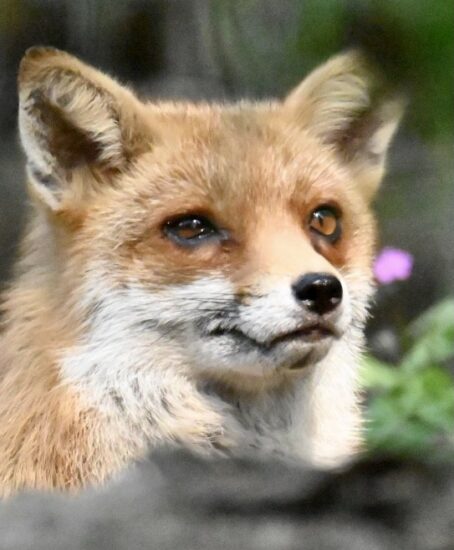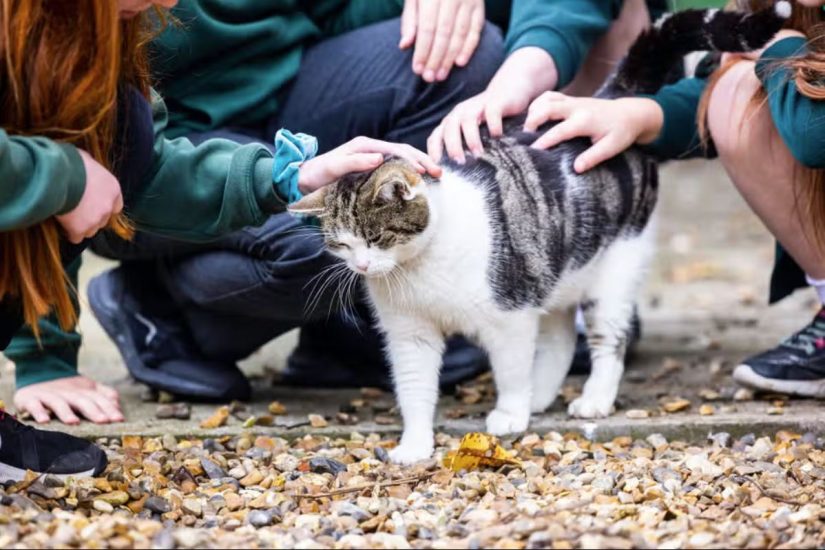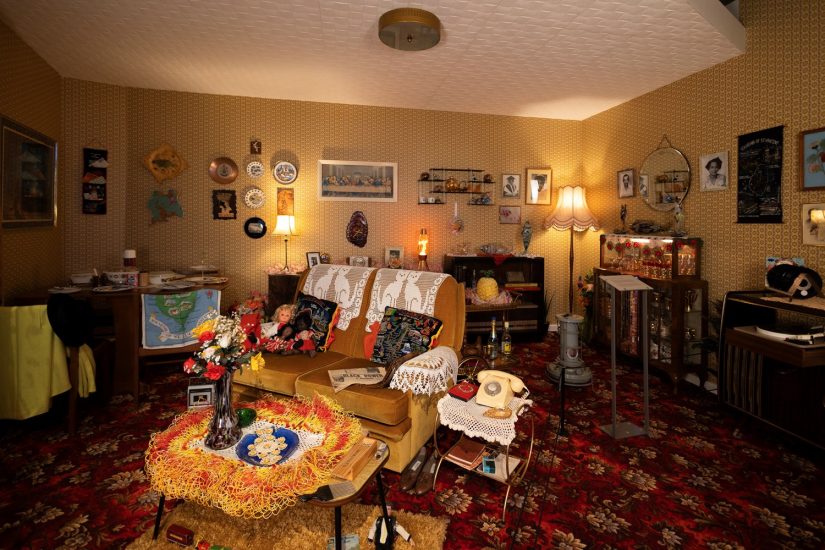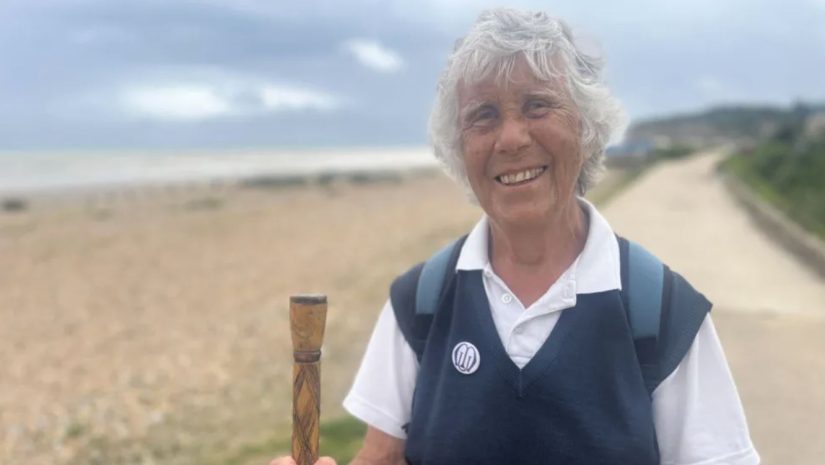Nature and Mental Health: Mental Health Awareness Week
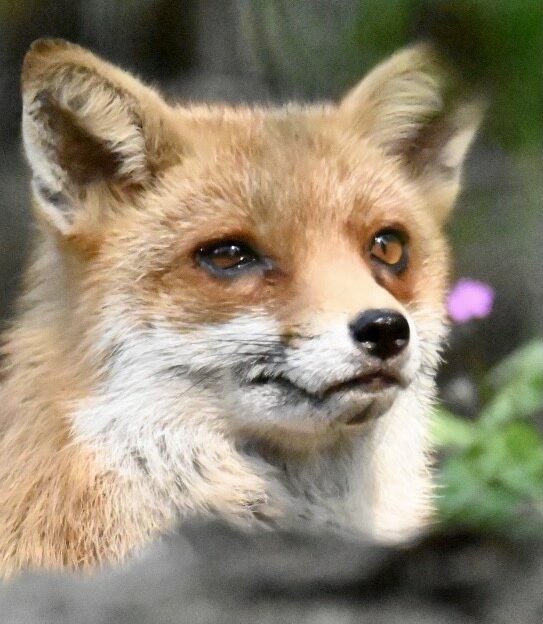
As part of Mental Health Awareness Week Trevor Parsons tells Bill Gibb how nature helped improve his mental health.
“The Natural World Helped Me”
His photographs of the natural world bring delight to all those who see them online or in popular exhibitions.
The wildlife shots and beautiful landscapes have lifted spirits and boosted the mood of those facing struggles. And that’s an ongoing source of satisfaction and pride for Trevor Parsons. For taking those captivating images has helped him with his own battles with the blues.
After twice suffering breakdowns, Trevor turned back to the hobby that had brought him such joy as a child and which medics recommended as therapy. And now his fabulous photographs are working wonders not just for his own wellbeing but that of many others.
Trevor, who is fifty-two, is from London, and difficulties with his mental health first arose in the 1990s while he was living in the capital.

Trevor Parsons.
“It really came as a result of simply taking on too much in my life,” Trevor says. Until last year, he had spent almost three decades working in the bakery department of supermarket giant Tesco.
“I was working full-time while also volunteering with the Scouts four times a week and doing a coaching course for a ladies football team.
“I didn’t realise how intensive that course was going to be and I felt the Scouts were relying on me and I had to keep that on. I’d finish work and then go straight to one of the other activities.
“The pressures built up until one day when I was driving home. I clipped the car against the kerb, stopped and just burst into tears.
“I was in such a bad state that I was off work for six weeks with depression and I also developed paranoia.”
Mind Was In Turmoil
Trevor was put on a course of anti-depressants and the support of his family helped him get back on track. He cut back on his activities and hoped he’d put his troubles behind him after he moved from London to more peaceful surroundings in Dorset. But pressures built up once more, this time at work, and it all crumbled once again.
“I wasn’t sleeping properly and I found myself just breaking down at work, crying and unable to go on,” Trevor explains. “I was totally distraught and inconsolable. That was the start of slipping further down into depression, paranoia and anxiety.
“Then I was off work for ten months and it came to a climax one day when the only way I could think of breaking the awful vicious cycle was to go into St Ann’s psychiatric hospital. I was so desperate for help I was pleading with them to admit me.”
Trevor required two spells as an in-patient at the hospital and he admits his mind was in turmoil at the time.
“It was so scary, and I knew things weren’t right. I could see that from the looks on my parents’ faces, but it’s like you are trapped in your own head.
“You can’t communicate clearly or understand what they are saying to you.”
Taste Of Nature
Gradually, the medication and treatments began to have an impact, but even after he got out, he still had issues and suffered from agoraphobia. It was then that his doctors, who had heard of his love for nature photography, suggested getting a taste of nature might help his mental health.
“They told me to set a timer on my phone for just a few minutes, walk around a local park and then write in a diary what I saw,” Trevor explains. “You don’t appreciate until you look back on it that you are actually doing more and more.
“After a few weeks I made it to Bournemouth beach, and seeing and smelling the sea was almost like a spiritual feeling. It gave me an inner peace.”
Trevor had had a passion for photography as a youngster but had only got back into it when he moved to Dorset. After his second breakdown it become a central part of his life, providing a focus and a soothing balm to his troubles.
Nature And Mental Health
“When you’re going through your mental health problems, everything is spinning round in your head and it’s as if there’s no off switch,” Trevor says. “But when you’re staring at a bee or a bird or whatever through the lens of the camera, all your other thoughts fade. It gives you a breathing space in your head.”
He met wildlife cameraman Simon King at a roadshow and was advised that social media was a good way to bring his work to a wider audience. Soon, tens of thousands saw and loved his photos, but despite the stunning images, Trevor says it’s all very instinctive and he’s certainly no expert.
“I really don’t understand the technicalities and I regretted getting one particular Nikon cameras as it was a bit too specialist,” Trevor says. “I’m OK pushing buttons but I really don’t know much about the settings and I don’t use a tripod. I just walk, see something I like and take a photograph of it.
“I’ve gone to Longleat Safari Park and taken shots there, like a cheetah, but I don’t stalk animals. It’s just what I think looks nice at the time.
“Arne Nature Reserve is one of my favourite places and I especially love it in springtime when you see the ospreys coming back from Senegal.
“And Blashford Lake Nature Reserve has a couple of tame robins. If the conditions are right then they will come and feed off your hand, so I’ve done slow motion videos of them.
“I’m also a member of the National Trust, and they have some beautiful properties around here.”
Mental Health Awareness Week
Trevor’s story and his captivating nature images have won him a legion of fans and he’s even been honoured to have had Sir David Attenborough get in touch.
“I was advised to write to him and a short while later I got a personal letter back. He said he was delighted the natural world helped me and he’d be happy to help me in any way he could.
“I’ve had letters back from Clarence House and Kensington Palace, too.”
But while many have enjoyed Trevor’s work, they have also been inspired by the story of how photography helped him recover from his breakdowns.
“I’ve had some lovely feedback, including from military personnel who have had PTSD and have also found nature photography helped. A lot of people don’t talk about mental health issues, so if sharing my story helps then I’m more than happy.”
If you feel affected by the issues discussed in this article, seek help from a GP. For urgent mental health support:
The Samaritans — call 116 123
Shout Crisis Text Line — text Shout to 85258
Mind — 0300 123 3393





